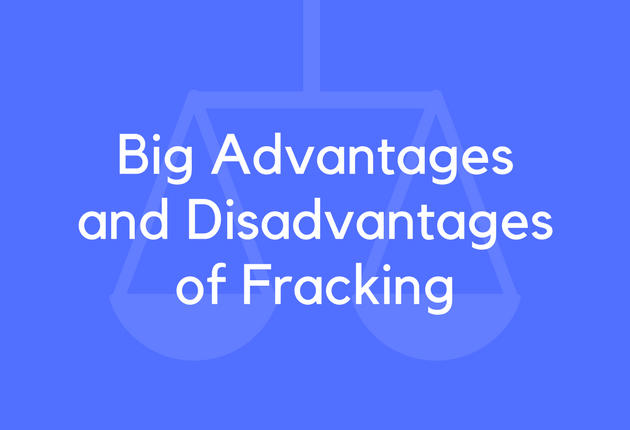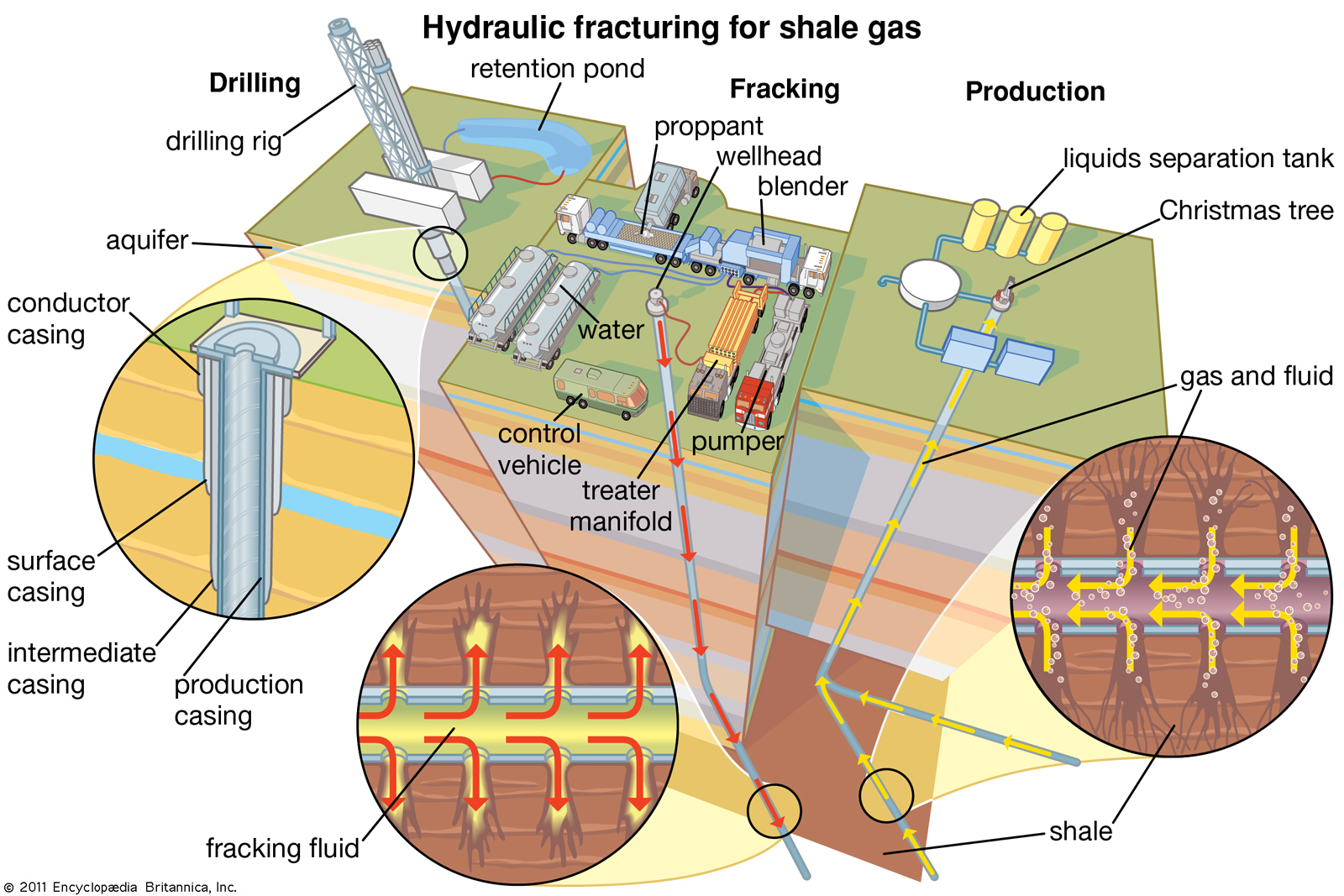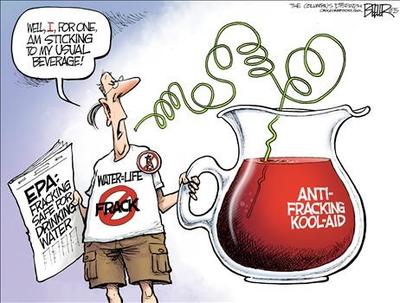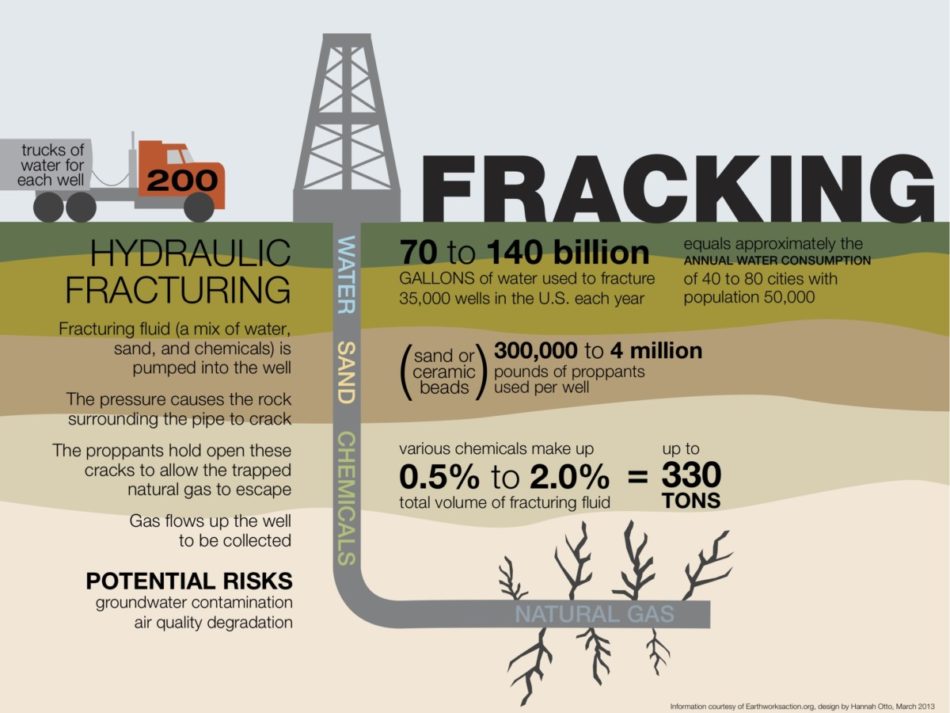Fracking, or hydraulic fracturing, is a process that involves injecting a mixture of water, sand, and chemicals into shale rock formations in order to extract oil and natural gas. The process has generated a lot of controversy due to concerns about environmental impacts, but there are also several pros to fracking that are worth considering.
One of the main pros of fracking is that it has significantly increased domestic energy production in the United States. Fracking has allowed the U.S. to become more energy independent, as it has greatly reduced the country's reliance on foreign oil and natural gas. This increased domestic production has also led to lower energy prices, which has had a positive impact on the economy.
Another pro of fracking is that it has created jobs and stimulated economic growth in areas where it has been implemented. Fracking operations require a large workforce, including skilled workers such as engineers and geologists, as well as unskilled workers such as truck drivers and support staff. These jobs provide a source of income and economic stability for communities in areas where fracking takes place.
Fracking has also had a positive impact on the environment in some cases. Natural gas, which is often extracted through fracking, is a cleaner burning fossil fuel than oil or coal. As a result, increased natural gas production through fracking has led to a reduction in greenhouse gas emissions, contributing to a decrease in air pollution.
However, it's important to note that there are also significant concerns about the potential negative impacts of fracking, including water contamination, air pollution, and the risk of earthquakes. It's essential that any fracking operations are carefully regulated and monitored in order to minimize these risks and protect the environment.
In conclusion, while fracking has contributed to increased domestic energy production, economic growth, and reduced greenhouse gas emissions, it's important to carefully weigh the pros and cons and ensure that proper regulations and safeguards are in place to minimize negative impacts.








